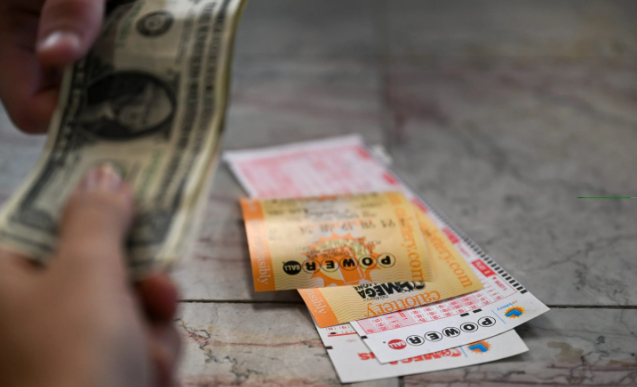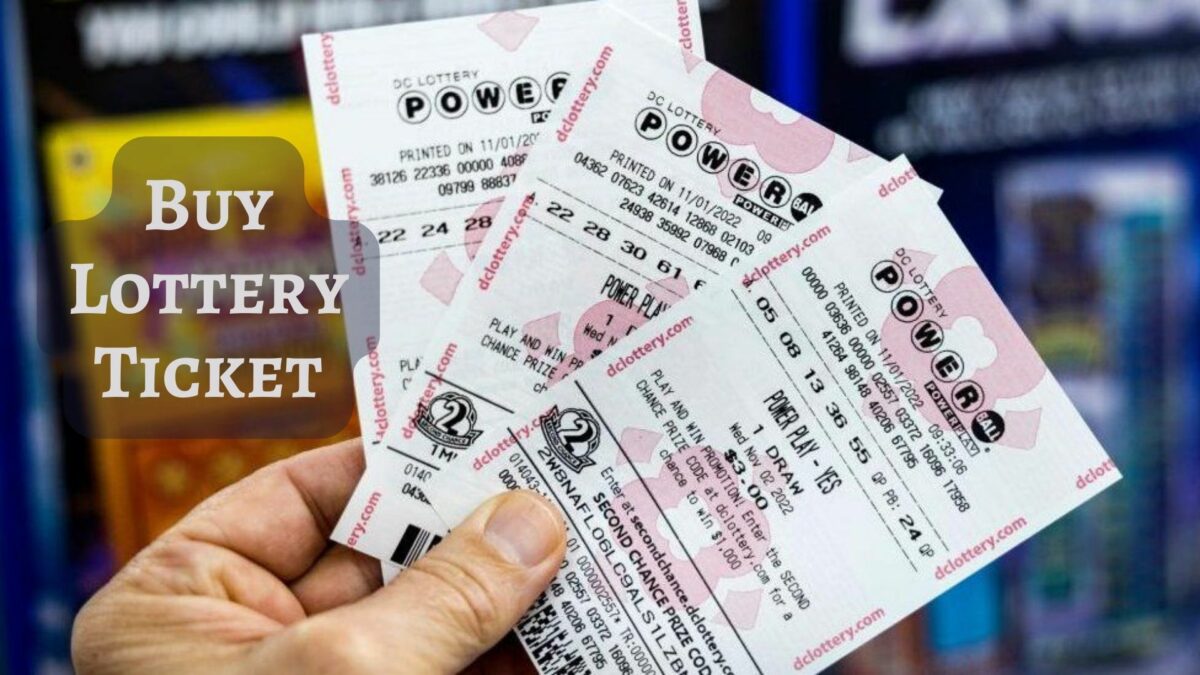“Lottery tickets are a surtax on desperation.”
–Doug Coupland
As of the time I wrote this blog post, the Powerball lottery winnings stood at $550 million. The chances of winning the lottery are 1 in 175 million.
Positive expected value, right? By the time the actual drawing occurs, I imagine that the jackpot will be closer to $600 million. At that point, the odds are less than the winnings, even if Uncle Sam takes a 40% cut.
So, I bought a ticket.
What?
A financial planner buying a lottery ticket?

HOW IN THE WORLD CAN THIS BE JUSTIFIED?!?!?! Has Monkey Brain taken over?
Probably just a little. We aren’t all perfect.
So, how did I justify this purchase?
- It is entertainment. Buying the ticket gives me the justification to dream of all of the things that we’d do if we won. Give to family. Give some to the Wounded Warrior Foundation. Travel around the world in style for the rest of our lives.
- It came out of my blow fund. As we budget each month, we divert some money into a blow fund for each of us. We can spend that money on whatever we want, no questions asked. If I came home with clown shoes, it’d be OK as long as it came from the blow fund. It’s a way to fight ego depletion – giving in with small purchases rather than screwing up a big one.
- I’m only buying one. Since I’m buying this for hedonic pleasure rather than the true expectation that I’ll be mega-rich, I’m valuing the $2 I spent as an investment in my own entertainment. Otherwise, I could easily purchase lottery ticket in a reduction ad absurdum manner and empty out all of our accounts.
Here’s the problem with thinking that if it’s a positive EV gamble, it’s worth doubling (or gazillioning) down on the bet:
Skewed distribution of outcomes.
See, there are a lot of times when you won’t win anything. You win $0 a whole lot of the time. Then, you make some very small wins–$2 or $5. Every once in a while, you have a bigger win–$100 or even in the thousands or tens of thousands. However, there will probably only be one to three big winners. Unless you’re one of the big winners, the actual EV for everyone else is negative. It’s really quite negative.
There’s a similar thinking in video poker when you can find a mathematically profitable machine. You have to be willing to sit there and play and play and play until you hit the royal flush. This requires a big bankroll and a lot of time.
If I had the machinery, the manpower, and the capital, I could flood the market with lottery ticket purchases and guarantee myself a win. However, if two other people won, I’d still lose money, and I’d lose a lot of it.
So, in this case, buying two tickets, or even more, doesn’t give me any more hedonic pleasure than buying one lottery ticket. I can only have so many dreams between now and the big drawing.
Could I have spent the money more wisely. Probably. But, it’s OK. It’s in the budget, and it’s not going to wreck our financial lives if I buy one lottery ticket every time there’s a positive EV opportunity in the ticket – an event that doesn’t even happen annually most of the time.
Focus on the big wins, like budgeting, investing in yourself, and putting aside enough money for retirement. It’s OK to have the occasional splurge. It’s part of living. Just keep in check and keep it in reason.
And keep rooting for my numbers to win! If you don’t see any more blog posts out of me after this one, you can take a wild guess what happened!
That’s a sure bet.
Update
I matched the Powerball number, winning a whole $4. 100% ROI, baby!
Disclaimer: Past performance does not indicate future results. Your performance may vary!
Whoo! Off to go spend that big $4!!!!
Did you buy a lottery ticket? Why or why not? What would you do with the winnings? Tell us about it in the comments below.
Author Profile
- John Davis is a nationally recognized expert on credit reporting, credit scoring, and identity theft. He has written four books about his expertise in the field and has been featured extensively in numerous media outlets such as The Wall Street Journal, The Washington Post, CNN, CBS News, CNBC, Fox Business, and many more. With over 20 years of experience helping consumers understand their credit and identity protection rights, John is passionate about empowering people to take control of their finances. He works with financial institutions to develop consumer-friendly policies that promote financial literacy and responsible borrowing habits.
Latest entries
 Low Income GrantsSeptember 25, 2023How to Get a Free Government Phone: A Step-by-Step Guide
Low Income GrantsSeptember 25, 2023How to Get a Free Government Phone: A Step-by-Step Guide Low Income GrantsSeptember 25, 2023Dental Charities That Help With Dental Costs
Low Income GrantsSeptember 25, 2023Dental Charities That Help With Dental Costs Low Income GrantsSeptember 25, 2023Low-Cost Hearing Aids for Seniors: A Comprehensive Guide
Low Income GrantsSeptember 25, 2023Low-Cost Hearing Aids for Seniors: A Comprehensive Guide Low Income GrantsSeptember 25, 2023Second Chance Apartments that Accept Evictions: A Comprehensive Guide
Low Income GrantsSeptember 25, 2023Second Chance Apartments that Accept Evictions: A Comprehensive Guide

